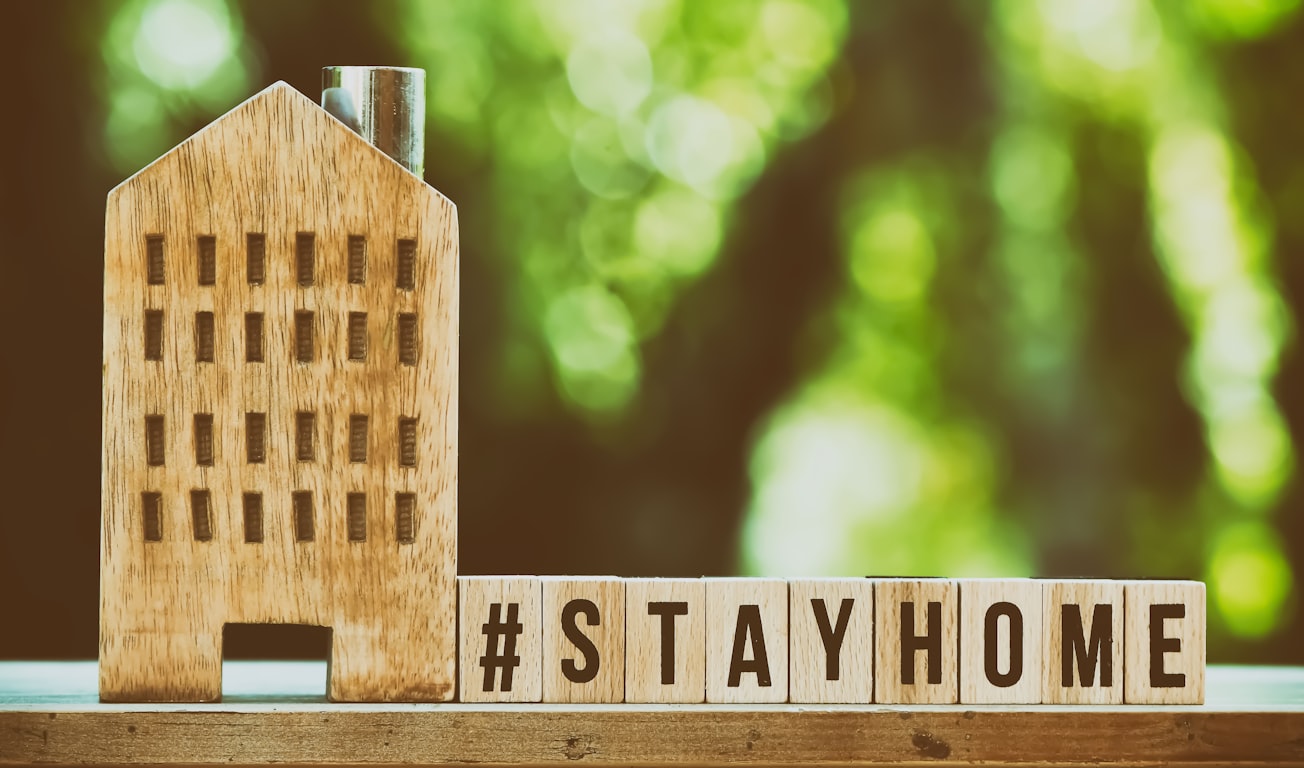What is it about?
During the early weeks of the COVID-19 pandemic, countries imposed widespread measures to help stop the spread of disease. We conducted a questionnaire study during the first month of COVID-19 lockdowns in Canada. Our results showed that even after a short period of time, social isolation was associated with increased depression, panic, and emotional disturbances.
Featured Image

Photo by Alexas_Fotos on Unsplash
Why is it important?
Despite the rise in online interactions, social isolation impacted psychological wellness. Because we collected our data during the first month of lockdown, we were able to measure the initial effects of social isolation. Even a relatively short period of widespread social isolation had negative effects. Our results suggest that governments should be careful to weigh the pros and cons of specific public health policies. Managing the spread of disease is important but it is important to also be aware of the negative health consequences of short periods of isolation.
Perspectives
This was an exciting project. Although we work in different areas of psychology, we worked quickly to develop this project and were excited that almost 1500 Canadians responded to our questionnaire. We provide a snapshot of the mental health impact of social isolation during the first wave of COVID-19 and we hope that research like this can inform future public health policies.
Dr. Lisa Best
University of New Brunswick
Read the Original
This page is a summary of: The psychological impact of COVID-19 in Canada: Effects of social isolation during the initial response., Canadian Psychology/Psychologie canadienne, February 2021, American Psychological Association (APA),
DOI: 10.1037/cap0000254.
You can read the full text:
Contributors
The following have contributed to this page










